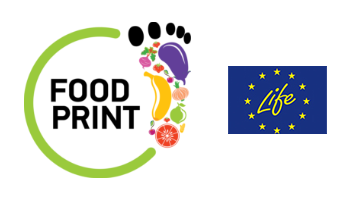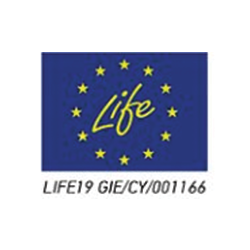More than a fifth of the weekly shop waste ends up in the bin

Cypriot households waste more food than they think, according to the findings of a survey unveiled on Thursday.
According to the Life FOODprint survey, aimed at raising awareness about the environmental problem of food waste in Cyprus, 73% of Cypriot households buy more food than they need, according to the survey. At the same time, 85 per cent of respondents said that there are leftovers when preparing or ordering food.
This is the first survey conducted in Cyprus on this issue. The campaign is co-funded by the EU Life programme.
The average household throws 23% of its weekly food, vegetable and fruit purchases in the trash, the study said. More than half of respondents, 56 percent, said they felt guilty throwing food in the bin and 46 percent felt it was a waste of money.
Only 30 percent said they realized this was harmful to the environment.
Seven in ten consumers tend to buy more than the required amount of food, and in most households, there is surplus food that is not consumed. According to the survey, this happens “most of the time” in two out of ten households, while in almost seven out of ten, it happens “sometimes”. Only 14% of households said they almost never had leftovers.
According to the survey, two-thirds eat leftover food in the next few days, while a third tend to give leftover food to pets.
Less than one in 10 said they compost food, while one in six said they often, or always, throw food in the bin.
Agriculture Minister Costas Kadis, who spoke at the launch of the survey, welcomed the implementation of the campaign, saying it “supports the state’s concerted efforts to implement a range of innovative measures to sort waste at source, such as the ‘I pay what I throw away’ system and composting. ”
The minister said that the rational management of organic waste is being promoted in Cyprus through the Municipal Waste Management Strategy.
The establishment of a source sorting system and separate collection of municipal waste, including organic waste, and the implementation of the “I pay what I throw away” system are expected to motivate people to reduce and properly sort their waste for reuse and recycling, Kadis said.

